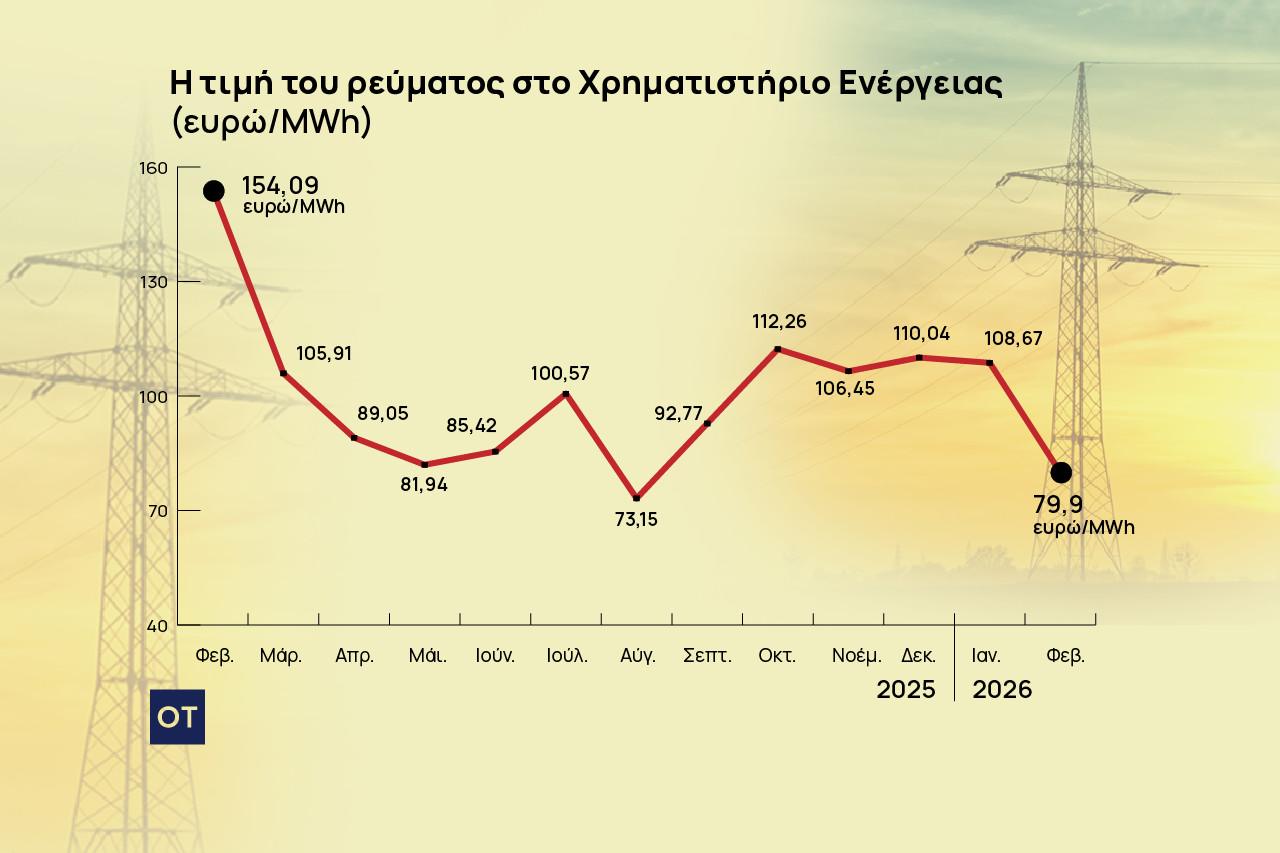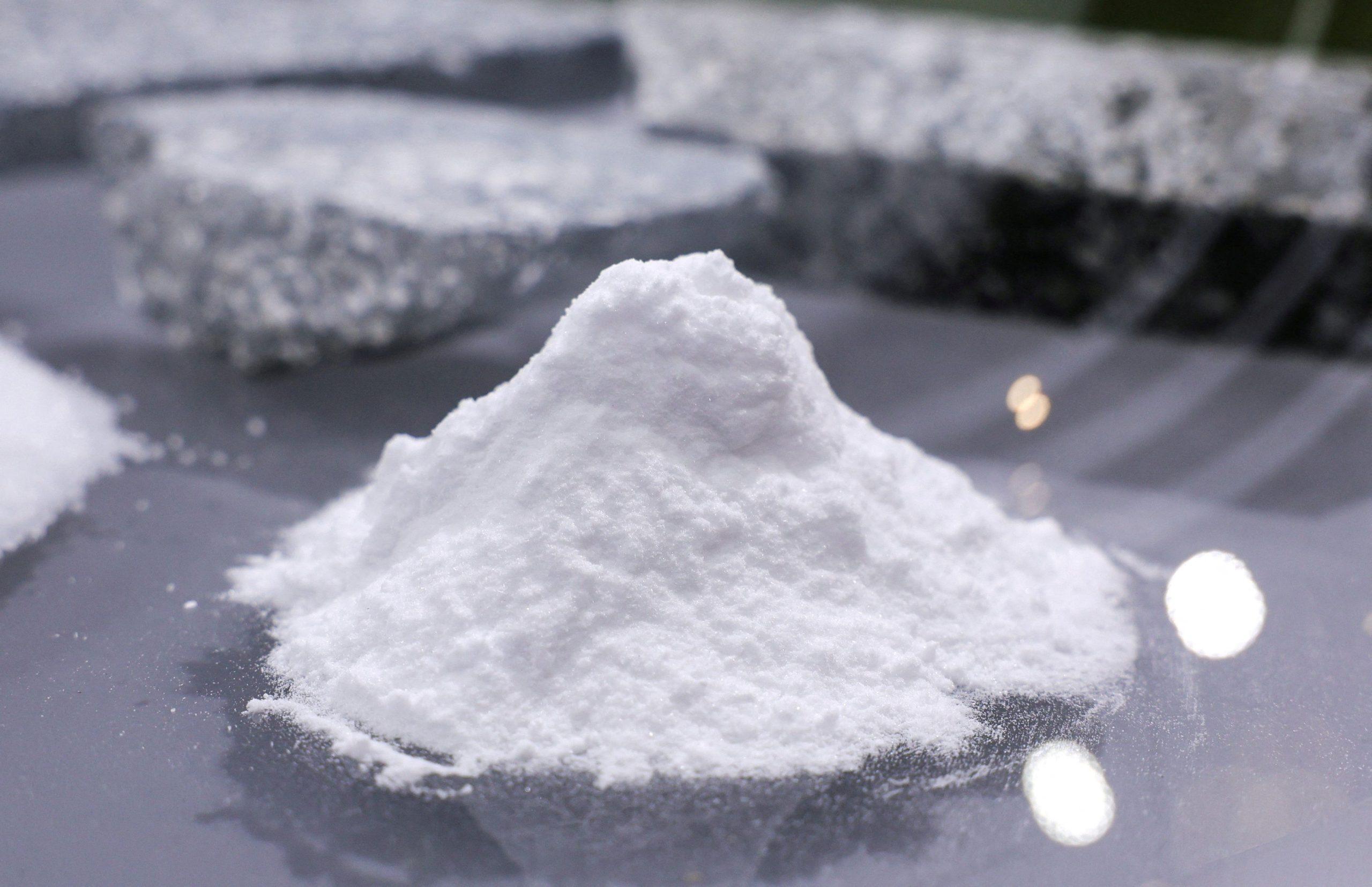Three out of four Greek businesses reported they had job vacancies for summer, according to a survey carried out by the Research Institute of Retail Consumer Goods (IELKA). Nearly all business executives queried (96%) in the study cited high operating costs as their top concern while also pointing to an uptick in costs of goods and raw materials.
The study, carried out in June 2025, presents the main challenges the Greek businesses in the retail and consumer goods sectors are facing, including climate change, staff shortages, and rising operational costs.
Recruitment and workforce development have become increasingly problematic, with 89% identifying them as an issue and 65% calling them a major problem, underlining the difficulty of attracting workers during the busy summer period. Only 23% of businesses report no job vacancies, while 77% acknowledge staff shortages. Of these, 31% report between one and 25 open positions, 7% between 25 and 100, 5% between 100 and 200, 11% between 200 and 500, and 5% more than 500.
The report notes that the total number of vacancies likely reaches several thousand, driven by seasonal demand and competition with other industries such as tourism and hospitality.
To curb operating costs and improve staff efficiency, many companies are turning to artificial intelligence. Some 54% of businesses say they have adopted AI applications, while 33% reject or ignore them, and 14% remain unaware of the technology.
The majority of implementations are limited to data analytics and business intelligence (67%), followed by administrative support (47%), demand forecasting (37%), supply chain management (33%,) and customer service (30%). The survey concludes that while progress has been made, AI has yet to offer solutions to the sector’s core problems.
Climate change is another growing concern, with two in three businesses prioritizing energy consumption reduction, mainly due to high costs, as energy is the second-largest expense in retail after wages. Two in five companies are also investing in energy production as part of broader efforts to improve sustainability.
Source: tovima.com







































